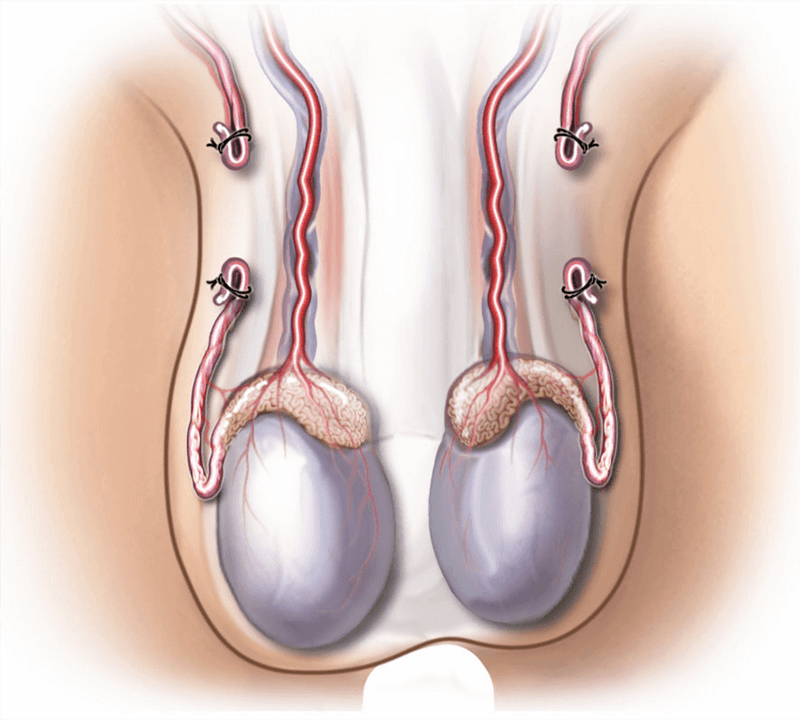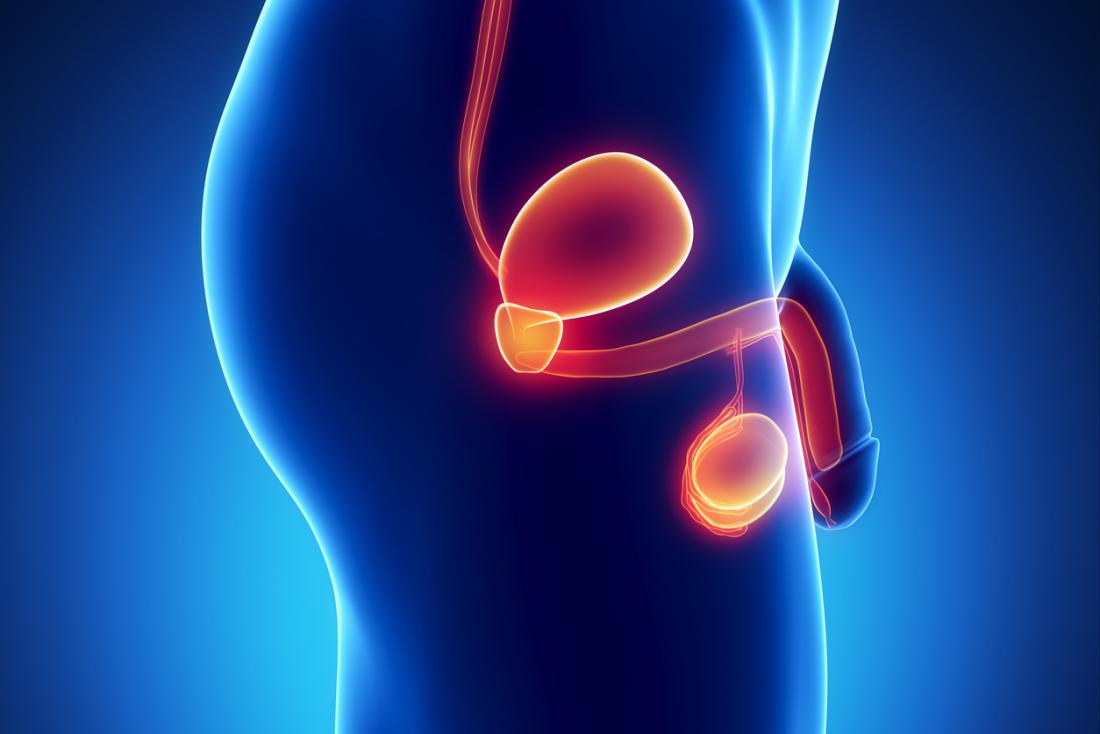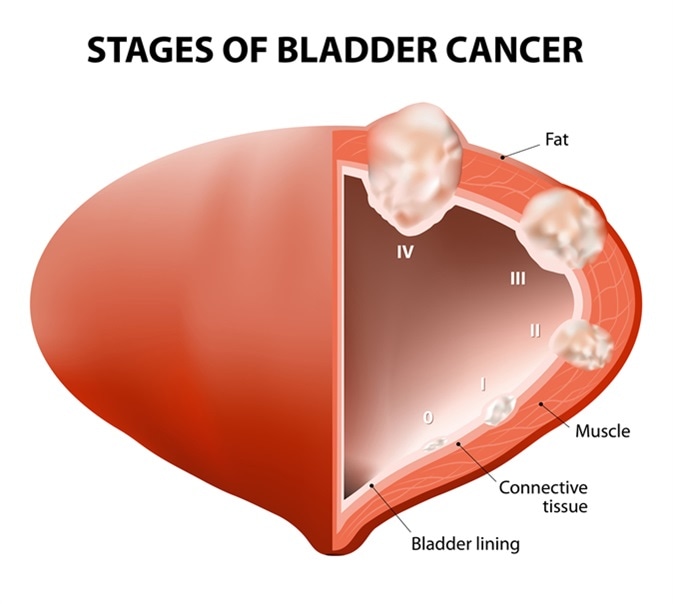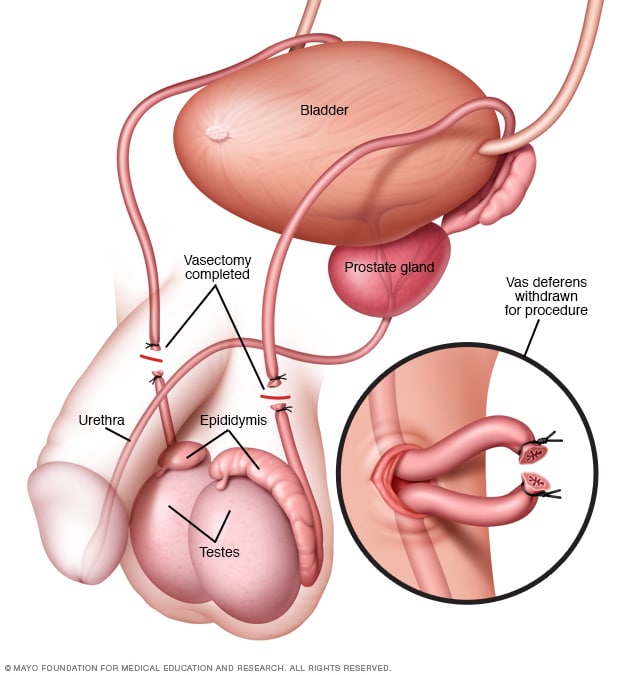Preventing a disease like bladder cancer can only succeed if the causes are identified. This helps physicians like Dr. Cletus Georges in determining the treatment that would be required for patients. This blog will enumerate some prominent risk factors in having this disease.

Smoking
Foremost among causes, smoking proves that bladder cancer is a lifestyle disease. When a person smokes, the inhalation during smoking forces carcinogens in cigarettes “out of the lungs and into the blood.” These are then filtered by the kidneys and transferred into the urine. While urine stays in the bladder, the carcinogens in the fluid damages the cells on the bladder wall. This is a high risk for cancer. Smokers are three times more likely to have bladder cancer than those who do not smoke.
Workplace exposure
Because carcinogens inhaled are filtered by the kidneys and deposited into the urine, the bladder carrying the fluid is highly at risk of developing cancer. Like cigarette smoke, industrial chemicals used in certain workplaces can increase the likelihood of bladder cancer. Workers in industries that produce rubber, leather, textiles, paints, and those in printing are more likely to acquire this disease. Even hairdressers are also at risk by being exposed to “benzidine and beta-naphthylamine” – chemicals used in hair dyes, as well as truck drivers being exposed to diesel fumes.

Not drinking plenty of water or fluids
Not drinking plenty of water or fluids leaves the bladder with harmful substances lingering in its chamber. As mentioned earlier, these cancer-causing substances, filtered by the kidneys and deposited in the urine, damage the bladder wall’s cells.
Dr. Cletus Georges is a urologist with a completed residency at the Northwestern University, McGaw Medical Center from 1993 to 1997. His specialization helps those seeking medical attention on internal organs affecting the urinary tract and the reproductive system. For more about Dr. Cletus Georges, visit this page.









